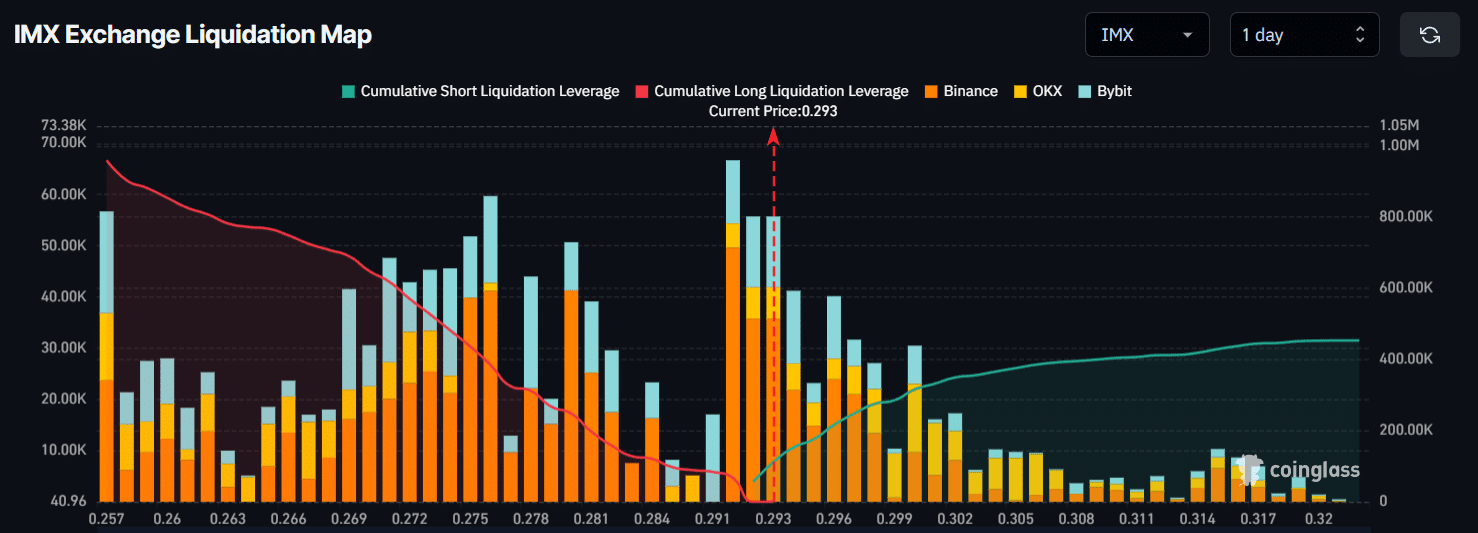Resolv protocol denies token sales amid volatility, buys 1.6M RESOLV
 2025/06/26 16:00
2025/06/26 16:00Resolv Protocol has pushed back against speculation of internal token sales, revealing it repurchased 1.6 million RESOLV tokens amid heightened market volatility.
In a June 27 statement on X, Tim Shekikhachev, customer success manager at Resolv ( RESOLV ), said the protocol’s foundation had not sold any RESOLV during the recent downturn . “In fact, at current levels, we are strong buyers,” he wrote, confirming a $240,000 buyback at around $0.15 per token over 24 hours.
Despite short-term turbulence, Shekikhachev emphasized the protocol’s long-term focus on building value through product expansion. RESOLV is trading at $0.1497 at press time, down 11% in the past day and 23% over the past week. Its market cap has fallen to $21.09 million, a 33% drop from its all-time high of $31.4 million reached on June 23.
Resolv, a decentralized stablecoin ecosystem backed by Ethereum ( ETH ) and Bitcoin ( BTC ), launched its governance and rewards token earlier this month, with just about 17% of its 1 billion total supply currently in circulation.
At launch, 2% of circulating supply was distributed to Binance Coin ( BNB ) holders via an airdrop. The protocol now holds over $368 million in total value locked, according to Dune Analytics data .
The protocol also manages USR, a delta-neutral, dollar-pegged stablecoin, and RLP, its insurance liquidity pool. Recent initiatives from Resolv include deeper integrations with partners like ether.fi and P2P Validator, as well as an ecosystem vault for USR. Notably, Shekikhachev claims that staking incentives and vault fee buybacks could completely offset the projected annual inflation of $4 million in RESOLV token emissions.
The protocol, which quietly began development in early 2024, has since expanded across Ethereum, Base, BNB Chain, and HyperEVM. According to a June 25 update, RESOLV, USR, and RLP are now interoperable across these chains via LayerZero ( ZRO ) and Stargate.
Backed by $10 million in seed funding led by CyberFund and Maven 11, Resolv appears to be betting big on the modular, multi-chain future of DeFi, staking its growth on infrastructure, not token speculation.
Disclaimer: The content of this article solely reflects the author's opinion and does not represent the platform in any capacity. This article is not intended to serve as a reference for making investment decisions.
You may also like
Week Ahead: The US Dollar's Upward Adjustment Since Christmas Could Be Nearing Its End
Why Immutable traders are betting long as IMX tests $0.30

The world's largest auto supplier warns profit margin may fall below 2%